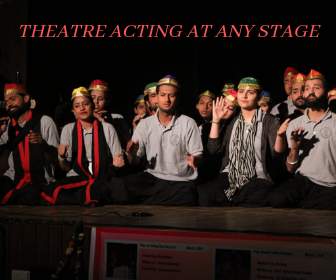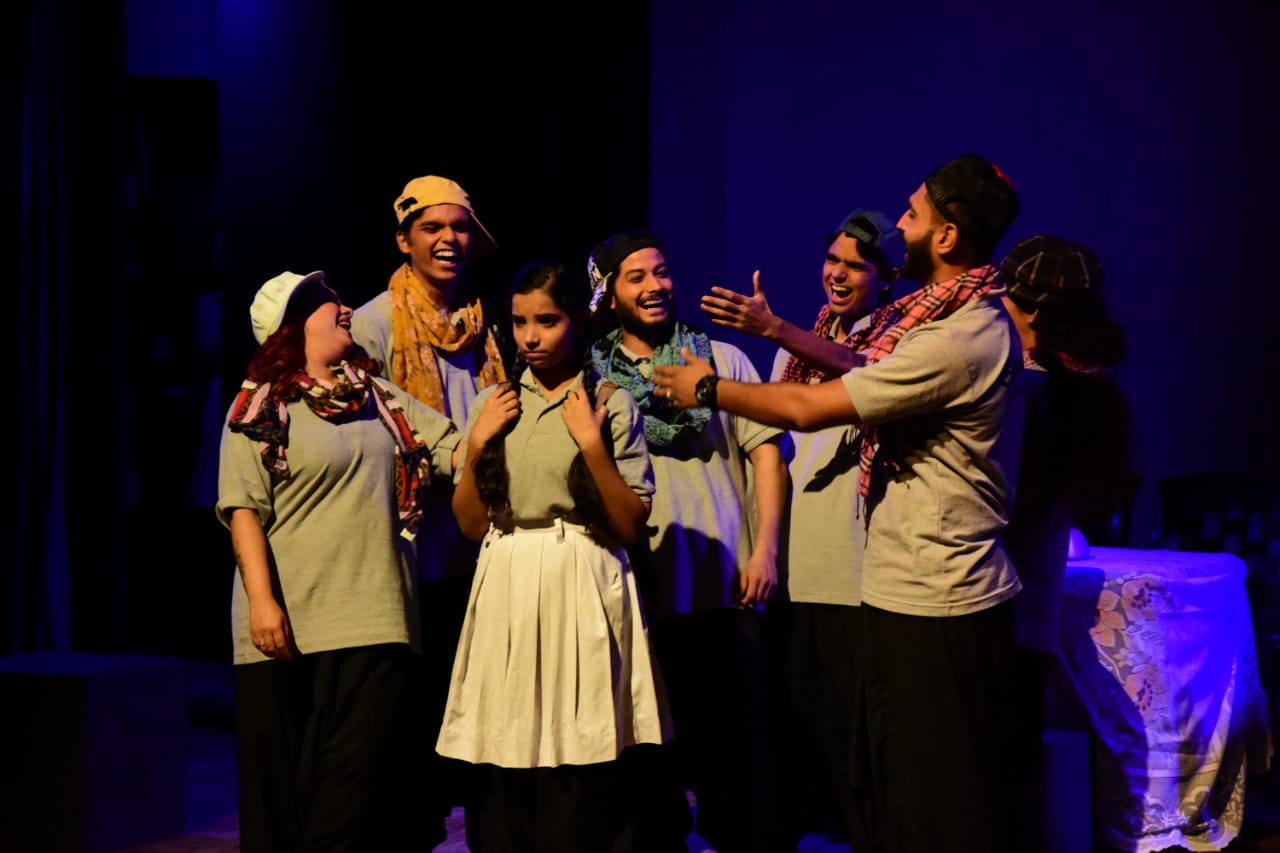A quick guide to Theatre Acting at any stage

Theatre is a cooperative type of artistic work that utilizations live entertainers, normally on-screen characters or on-screen characters, to introduce the experience of a genuine or envisioned occasion before a live crowd in a particular spot, frequently a phase. The entertainers may convey this experience to the group of spectators through mixes of signal, discourse, tune, music, and move.
Present-day theatre incorporates exhibitions of plays and melodic theatre. The works of art of artful dance and show are likewise theatre and utilize numerous shows, for example, acting, ensembles, and organising.
Indian Theatre:
Indian theatre is one of the oldest types of Indo-European and Asian theatre and it includes a point by point literary, sculptural, and emotional effects. Like in the territories of music and move, the Indian venue is likewise characterized by the sensational presentation characterized by the idea of Natya, which is a Sanskrit word for the show yet envelops emotional account, virtuosic move, and music. The theatre classes in Chandigarh work on Indian Theatre and want to improve the Indian Theatre.

Types of Theatre:
Drama: Drama is the particular method of fiction spoke to in performance. the order of dramatization in theatre, performed by on-screen characters on a phase before a group of people, surmises community-oriented methods of creation and an aggregate type of gathering.
Musical Theatre: Music and theatre have had a good relationship. The present-day melodic performance center is a type of theatre that additionally joins music, expressed discourse, and dance. Musical theatre might be delivered on an intimate scale. The theatre classes in Chandigarh also work on the musical theatre.
Comedy: Theatre creations that use humour as a vehicle to recount to a story qualify as comedies. Theatre communicating dreary, disputable or forbidden topic in a purposely comical manner is alluded to as dark satire. Dark Comedy can have a few types like droll diversion, dim and mocking parody.
Tragedy: Tragedy is an impersonation of an activity that is not kidding, total, and of specific greatness. Catastrophe alludes to a particular custom of dramatization that has played a remarkable and significant job verifiable in the self-definition.
Improvisational Theatre: Improvisational theatre is an impersonation of an activity that is not kidding, total, and of specific greatness. Improvision alludes to a particular custom of dramatization that has played a remarkable and significant job verifiable in the self-definition. You can learn more about the improvisational theatre at the theatre classes in Chandigarh.
Difference between Act in Theatre and Act in Film
Audience location: The basic difference between performing in front of an audience and performing for the camera in the area of the audience. In front of an audience, the group of spectators can without much of a stretch be 100 feet or more from the performers. Since the camera can generally observe you and the mouthpiece can generally hear you, you just need to move and talk to the individual or individuals in the scene can see and hear you in TV and film acting.
Material: The second major difference between act in theatre and act in the film is the material. In Theatre act, the audience knows the writing material. At the point when individuals think they know the material, they need to hear it precisely how it was composed and they know when it is changed because it is so commonplace to them.TV and film are distinctive because the crowd has never observed the composition. It is new and to a great extent composed on the fly.
Characters: The third distinction among stage and TV/Film is the idea of the characters and commended exhibitions of those characters. The group of spectators and pundits will contrast you with past forms of a similar show. In TV/film, you will in all likelihood be the main individual to play any given character so what the makers are searching for is some adaptation you.
The theatre classes in Chandigarh provide some tips to improve your theatre acting skills. These tips definitely improve your acting. These are as follows:
- Learn from the other actors in your play.
Get much practice as possible.
Memorise your lines.
Work on your voice quality.
Overemphasis your expressions but be natural.
Always be calm and relax.
Make sense of how your character is associated with others.
Learn about your character.
Always remember that acting is your passion.
